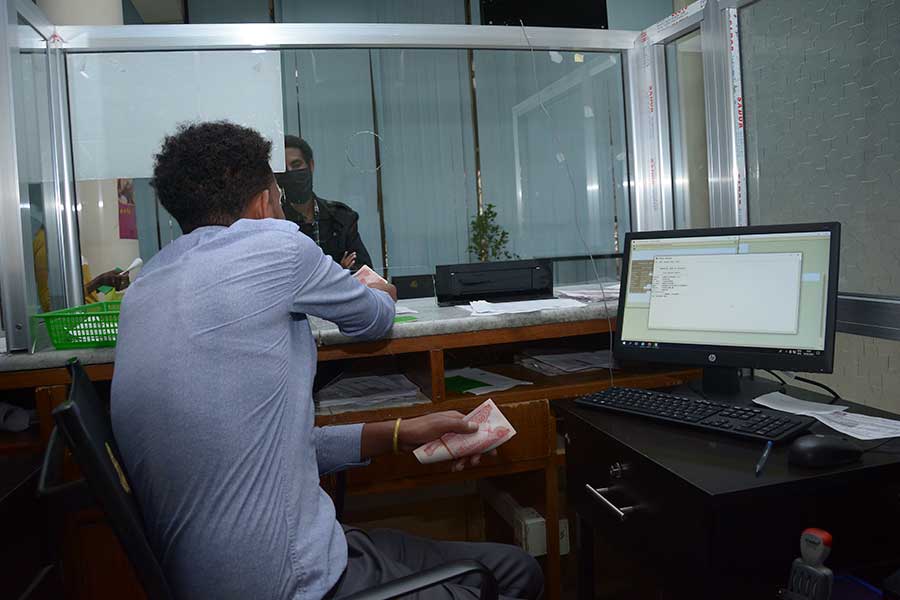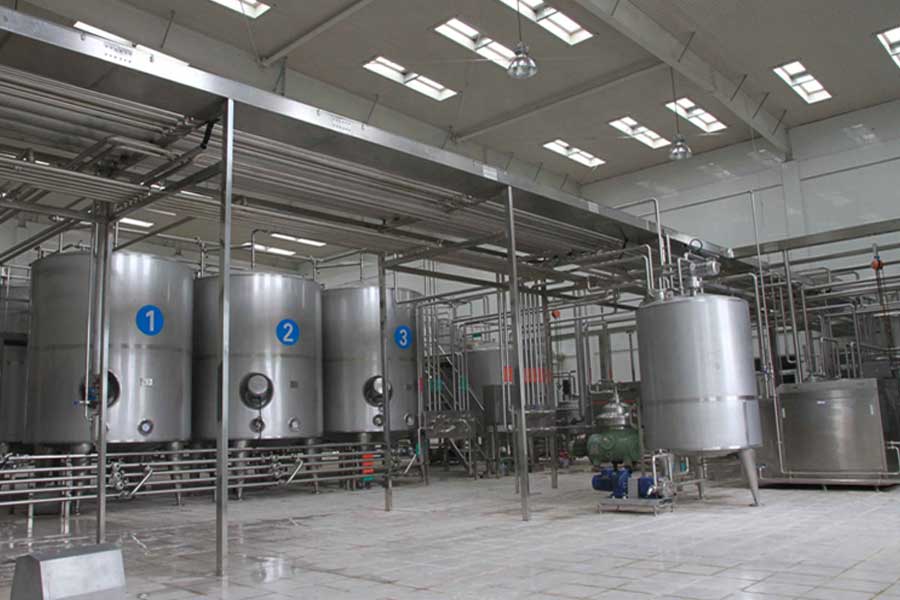
Dec 11 , 2021
By Christian Tesfaye
To say that nationalism is on the rise in Ethiopia is to understate matters. It has boiled over and led to a war that has taken too many lives and led to too much despair.
A strong sense of community and country is not unique to a country at war. When it is healthy, it can be a good thing. It can inspire individuals to act in the better interests of their societies. It inspires goodwill between people and provides the ground for building solid democratic institutions and laws. It can also stimulate competition and lead to innovation and advances in technology. It is a package that needs to be handled carefully, and if that is the case, it can be a good thing.
One of the healthier aspects of nationalism in Ethiopia is the #GreatEthiopianHomeComing challenge launched by the government and reinforced by its supporters. It is a response to what the government considers a misrepresentation of the situation in Ethiopia that led to many non-nationals leaving the country. It hopes to attract a million “Ethiopians and friends of Ethiopia” to visit the country by January 7, 2022.
Motives and politics aside, this could be a helpful way of buttressing tourism in the country, which the COVID-19 pandemic and political uncertainty have battered. Another initiative is Eyezonby Chapa, an online payment gateway, which raised two million dollars in three weeks for victims of the conflict from the Diaspora. It has since raised over three million dollars. This, too, is a substantial effort that can be learned from to better utilise and control from the black market the flow of remittances to Ethiopia.
Critical also to the national economy if it becomes long-term is #BuyEthiopian. It is another example of an initiative that should be more than politics and beyond short-term impacts from falling productivity or sanctions. Politics or not, buying local goods, especially value-added, makes a significant change to the livelihoods of ordinary Ethiopians that are trying to put food on the table.
There are barriers for many people from buying local goods. Primary among these is poor brand management by firms themselves. Only a few businesses advertise themselves as being local and offering support for the community. They do not show that they contribute to social issues, at the very least, by sourcing domestically. They are, in essence, bad storytellers unable to distinguish their products from every other one sold on the market. A “Made in Ethiopia” label could make a great deal of difference for many.
Then there is also the psychological barrier. We are talking about businesses in the end, not charity. We should buy the best quality goods our wallets can afford. For the most part, this means goods produced elsewhere and imported here.
But Rome was not built in a day. It would be foolish to expect local producers to churn out Versace and Iphones overnight. Building the ecosystem for a Samsung or a Sony takes modern infrastructure, a high-skilled labour force and capital. The government’s policies contribute a great deal to building the business environment for a competitive economy that produces quality products, but consumers play a substantial role as well.
In the end, local producers need the incentive to grow. This will not come if every possible consumer is buying imported goods. Samsung would not have become the conglomerate it is now had it failed as a small trading company when it was founded. Adidas and Puma would not be the brands they are now had the Dassler brothers remained small-time shoe-makers.
It all starts somewhere. Consumers are responsible for looking at the story and social impact of the brands they buy. If half of what we consume – outside of food and beverage products – is locally made, we are giving back in a big way.
PUBLISHED ON
Dec 11,2021 [ VOL
22 , NO
1128]


Radar | May 25,2019

Fortune News | Apr 25,2020

Featured | Sep 08,2019

Fortune News | Apr 27,2025

Fortune News | Jun 07,2020

Fortune News | Jun 18,2022

Fortune News | Sep 19,2020

Radar | Feb 20,2021

Fortune News | Apr 30,2021

Fortune News | Jun 29,2019

My Opinion | 132151 Views | Aug 14,2021

My Opinion | 128561 Views | Aug 21,2021

My Opinion | 126482 Views | Sep 10,2021

My Opinion | 124091 Views | Aug 07,2021





Dec 22 , 2024 . By TIZITA SHEWAFERAW
Charged with transforming colossal state-owned enterprises into modern and competitiv...

Aug 18 , 2024 . By AKSAH ITALO
Although predictable Yonas Zerihun's job in the ride-hailing service is not immune to...

Jul 28 , 2024 . By TIZITA SHEWAFERAW
Unhabitual, perhaps too many, Samuel Gebreyohannes, 38, used to occasionally enjoy a couple of beers at breakfast. However, he recently swit...

Jul 13 , 2024 . By AKSAH ITALO
Investors who rely on tractors, trucks, and field vehicles for commuting, transporting commodities, and f...

Jul 12 , 2025
Political leaders and their policy advisors often promise great leaps forward, yet th...

Jul 5 , 2025
Six years ago, Ethiopia was the darling of international liberal commentators. A year...

Jun 28 , 2025
Meseret Damtie, the assertive auditor general, has never been shy about naming names...

Jun 21 , 2025
A well-worn adage says, “Budget is not destiny, but it is direction.” Examining t...

Jul 13 , 2025 . By YITBAREK GETACHEW
The Addis Abeba City Revenue Bureau has introduced a new directive set to reshape how...

Jul 13 , 2025 . By BEZAWIT HULUAGER
Addis Abeba has approved a record 350 billion Br budget for the 2025/26 fiscal year,...

Jul 13 , 2025 . By RUTH BERHANU
The Addis Abeba Revenue Bureau has scrapped a value-added tax (VAT) on unprocessed ve...

Jul 13 , 2025 . By NAHOM AYELE
Federal lawmakers have finally brought closure to a protracted and contentious tax de...